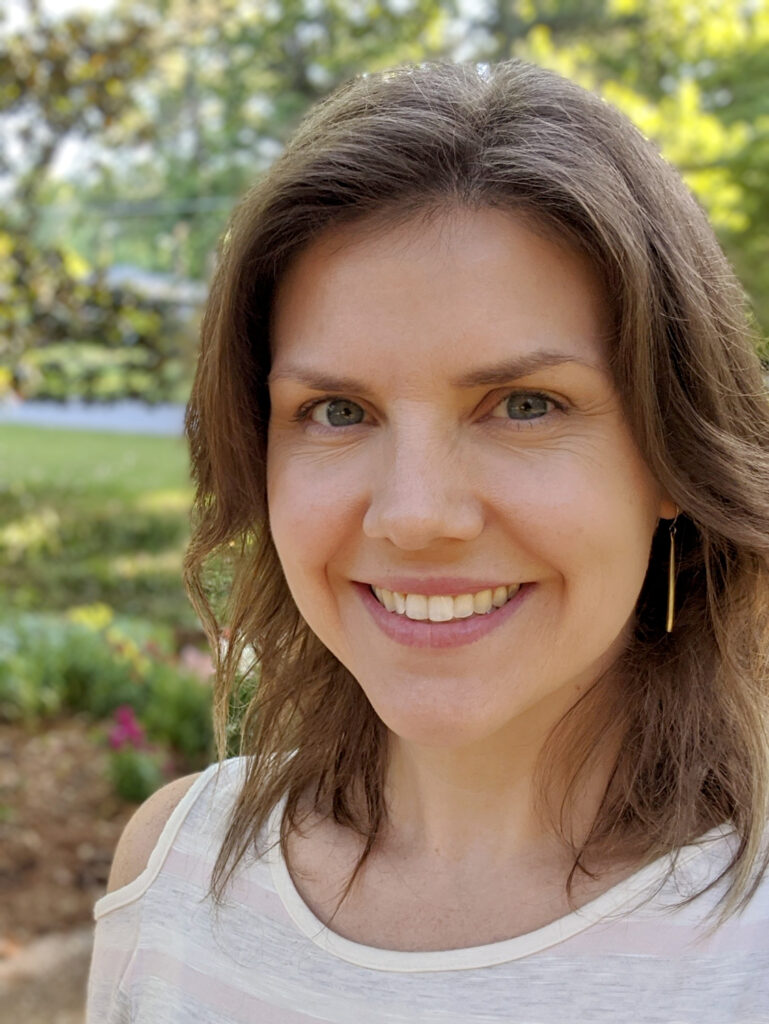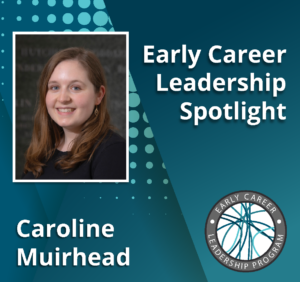The GSA team welcomes Jenna Daenzer, PhD, as the new Peer Review Coordinator! Jenna will be involved with GENETICS and G3: Genes|Genomes|Genetics, reviewing incoming manuscripts for quality and administering programs like the Peer Review Training Program.

Can you tell us a little bit about your background and your career trajectory?
I grew up in the small town of Frankenmuth, MI. I still remember my introduction to genetics took place during biology class in my sophomore year of high school. I just knew that I had to learn more. I earned a degree in Biochemistry from Alma College, and completed my PhD in Genetics and Molecular Biology at Emory University. I trained in the lab of Judy Fridovich-Keil focusing on models and mechanisms of galactosemia. After graduate school, I remained in research at Emory as a postdoctoral researcher and then as a research scientist. I enjoyed science and learning, but wasn’t certain where I wanted to take my career. When I saw the posting for the Peer Review Coordinator position I felt like it would be a great opportunity to use my scientific background in a new way.
Describe your new position at GSA as the Peer Review Coordinator.
As the Peer Review Coordinator I have several roles within the GSA Journals. I perform quality control checks on incoming manuscripts for GENETICS and G3: Genes|Genomes|Genetics. I will be taking on administration of the GENETICS Peer Review Training Program, and I will also help to process Open Peer Review for the Journals.
What upcoming projects are you most looking forward to working on in your new role?
I’m very excited to begin the next cohort of the GENETICS Peer Review Training Program, which will be the first cohort that I will be involved with. The application window is August–September, and I can’t wait to start interacting with the participants. Peer review is vital to science and it’s a great opportunity for early career scientists to get training and experience writing reviews. I am happy to be contributing to this valuable experience for participants.
What’s one piece of advice every early career scientist should hear?
I would encourage every early career scientist to get as involved as they can in the areas that interest them (attend talks, meetings, workshops, courses, etc.) and to talk to as many people as possible. There are so many opportunities and it’s worth putting yourself out there to find them!
What do you think would surprise your undergraduate self about your career path so far?
I think my undergraduate self might be surprised about how I navigated balancing having a family with my career. Finding balance in life is hard!
What professional accomplishment to date are you most proud of?
While I am proud of the contributions I’ve made to my field through research and publication, I think the things I’m most proud of are the times I pushed myself outside of my comfort zone. For example, early in graduate school I was selected to give a talk at a conference where I wouldn’t know anyone. It sounds like a small thing now, but at the time it was something I was very uncomfortable doing. I think those are the things that help us grow the most. More recently, I accepted this new career outside of academia, which brings nerves, but also excitement and growth.
What’s your idea of a perfect weekend?
My perfect weekend is spent either camping or in a cabin on the lake with my family. We spend all day doing activities on the water, cook meals on a campfire, and fall asleep listening to the sounds of nature.













